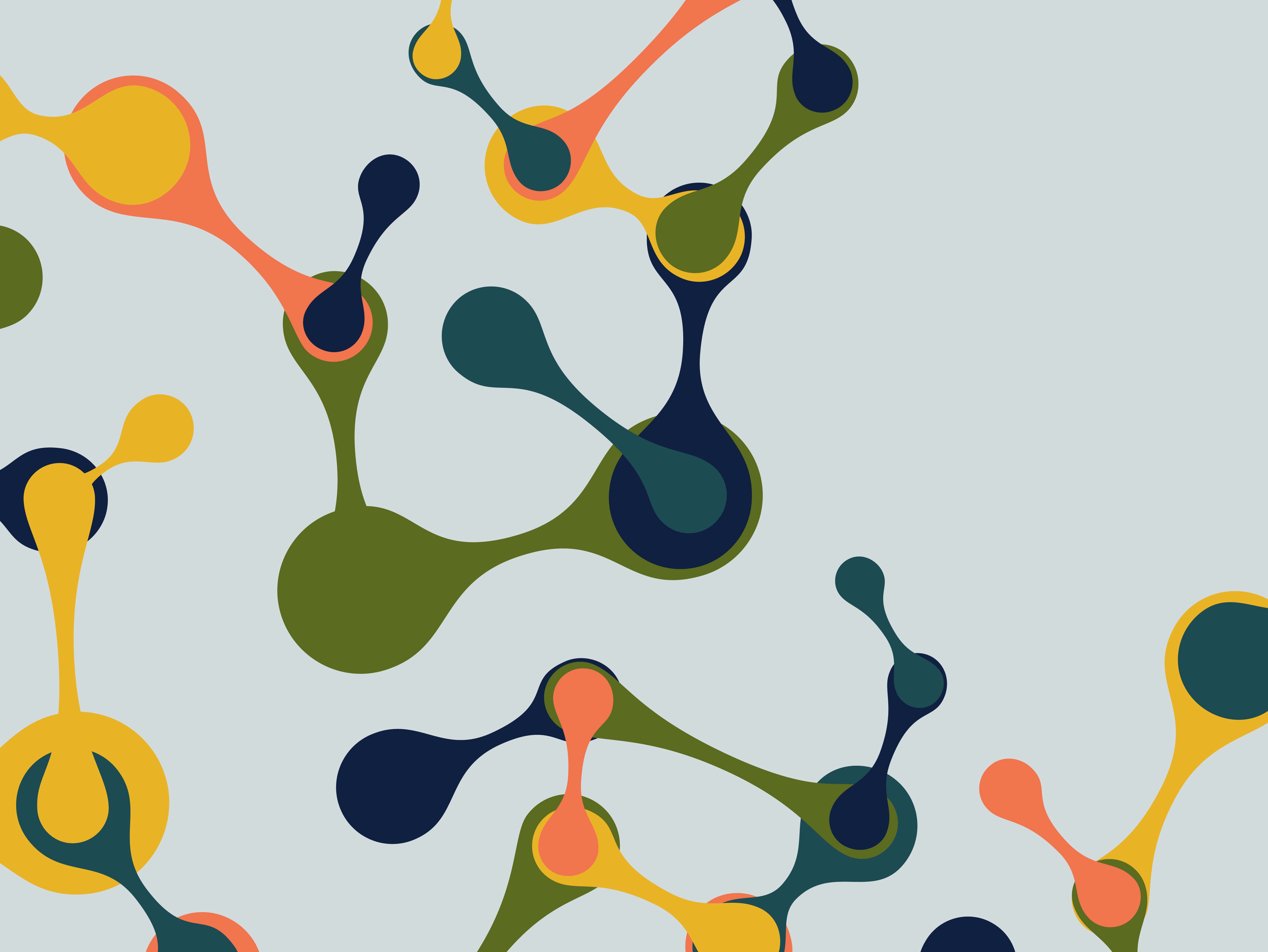How much would you pay to live longer? What if Google were making the pill to do it?
On Tuesday, Calico, the medical research company Google incubated in 2013, announced it had cut a deal for access to genetic information from Ancestry, the largest family tree website. It’s among the first public moves from Calico, the secretive division born to (gasp!) extend human life. With its new DNA data — properly anonymized — Calico will look for genetic patterns in people who have lived exceptionally long lives, then make drugs to help more of us do that.
The deal also marks another step in the next chapter of tech’s ambitious experiments with biology: After collating medical data, it’s marching the research to market. In January, 23andMe — the Ancestry.com competitor run by Anne Wojcicki, now ex-wife of Google co-founder Sergey Brin — inked a similar deal with Genentech to parse the genomes of Parkinson’s disease patients. Genentech is the former company of Arthur Levinson, the CEO of Calico. (It’s a small world.)
These companies are good at grabby headlines, but the commercial model for such ambitious research is unproven, and will likely remain so for several years.
Tim Sullivan, Ancestry’s CEO, said his privately held company has fielded requests from multiple medical research firms. It has spent over 20 years amassing its databank. He told Re/code: “We have been looking at, and frankly responding to, inquiries from a number of parties about ways that we can collaborate to take the data that we’ve aggregated historically, and that we’re starting to aggregate now, and get some real scale.â€
Sullivan’s company had some scale from the get-go. Its subsidiary that partnered with Calico, AncestryDNA, has genotyped the DNA sequence of over one million customers. Two weeks ago, the company launched AncestryHealth, a portal for its customers to track personal health and wellness, and marry that with their genetic data.
But its treasure trove — and what Calico really wants — is the extensive, detailed genealogical data. Ancestry.com claims to have more than two million paying subscribers, who have created some seven million historical family trees. It’s a rich well for tracking longevity trends.
Neither company shared financial terms of the deal. Sullivan also dodged a question on any future deals between the two. “We have a lot of business relationships with Google, but nothing else that I can speak to,†he said.
Google Wants Guinea Pigs for a New Medical Study. Here’s Why I’d Volunteer.
Reports from May claimed Ancestry was exploring a sale; Sullivan declined to comment.
Calico didn’t comment at all, beyond its thin press release. The company works similar to Google X’s Life Sciences unit, which is embarking on its own genomic research with its Baseline Study. Life Sciences is operating as a tacit testimony to Google’s strengths and weakness: Google does pipe-dream research well but not distribution, so Life Sciences works as a pharmaceutical RD lab, building out medical tech then licensing it to partners.
That’s an expensive business.
“Drug development is extraordinarily high risk. Most things don’t work out well,†said Malay Gandhi, managing director of Rock Health, a digital health fund that has sold one company, Lift Labs, to Google. Many biotech startups, he said, hit a brick wall in the later stages of development — after upward of $2 billion is dumped in.
Google has reportedly poured up to $730 million into Calico thus far ($240 million for convertible shares, $490 for keeps).
Advances in genetic research, however, are accelerating to as-yet-unseen levels. Wired’s latest cover story is on the explosive potential of easy, readily available DNA editing. Anti-aging research, in particular, is an open field. “It’s been a heavily underinvested area relative to its market value,†Gandhi said.
Calico is not alone. Several large hospitals are active in the field, as well as private players like the aptly named Human Longevity Inc, which also uses genomic sequencing. Few, however, have the audacity — and deep pockets — of Google to keep going at it.
Article source: http://recode.net/2015/07/26/the-long-game-google-partners-with-ancestry-com-to-beat-the-specter-of-aging/


